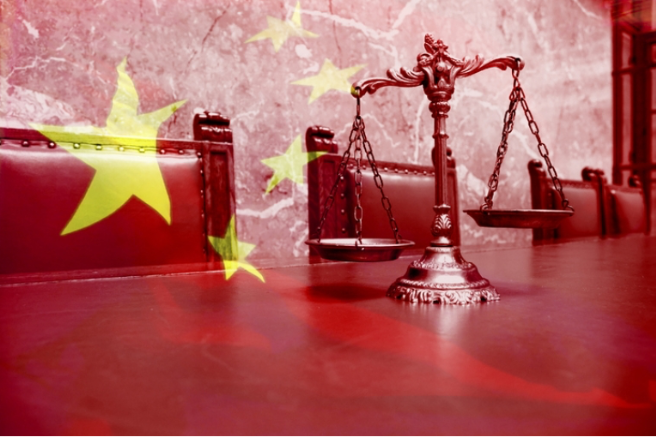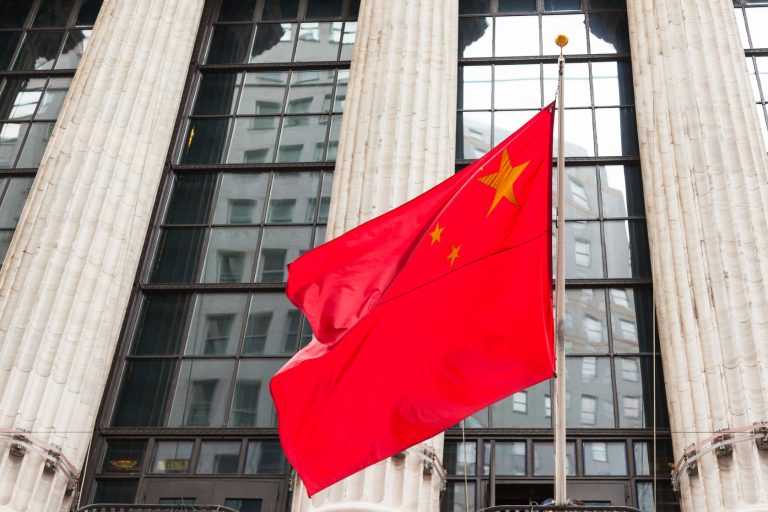China’s Top Court Clarifies Labor Dispute Rules, Raising Liability for Foreign Employers
Beijing, Sept. 2, 2025 – China’s Supreme People’s Court (SPC) has released a major new judicial interpretation on labor disputes, effective September 1, 2025, marking the most significant update to employment litigation rules since 2021morganlewis.com. The Interpretation on Some Issues Concerning the Application of Laws for the Trial of Labor Dispute Cases (II) was issued on August 1 and aims to unify court practice nationwidemorganlewis.com. It brings clarity to contentious issues and closes gaps that had posed compliance challenges for multinationals operating in Chinamorganlewis.commorganlewis.com.
Under the new rules, foreign nationals can more readily establish legal employment relationships with Chinese entities, expanding companies’ potential liability. Courts will now recognize an employment relationship between a foreign individual and a China-based employer if the expat holds permanent residency, a valid work permit with legal residence, or has completed required immigration proceduresmorganlewis.com. This “positive list” approach means judges can simply verify immigration documents rather than scrutinize the substance of the contract, making it easier for expatriate employees to bring claims. Chinese representative offices – which traditionally employ staff via third-party agencies – can also be directly named as defendants in labor disputes, and foreign parent companies may be pulled into these casesmorganlewis.com. This exposes overseas headquarters to enforcement of Chinese judgments, a sharp departure from previous practice where rep offices’ legal standing was ambiguous.
The interpretation also tightens several employer obligations. It reaffirms the so-called “double wage” penalty for failing to sign a timely written contract: if no written contract is in place within the statutory period, the employee is entitled to a penalty of one month’s pay for each month of non-compliancemorganlewis.com. Each month without a contract is treated as a separate claim, effectively giving workers a rolling one-year limitation period per month of violationmorganlewis.com. The new rules enumerate scenarios that count as consecutive fixed-term contracts – preventing employers from stringing workers along on back-to-back temp contracts to avoid tenure rightsmorganlewis.com. They also clarify that certain benefits like training cost agreements are recoverable if an employee quits early, and they set clearer standards for when reinstatement after an unlawful dismissal is considered “impossible” (for instance, if a company has dissolved or the worker has started drawing a pension)morganlewis.commorganlewis.com.
For multinationals, the SPC’s guidance means closer scrutiny of common HR arrangements. Notably, hiring expatriates through offshore entities or informal secondments will no longer shield a company from Chinese labor claims if the individual is essentially working in China with proper visas. “Courts need only check immigration documents” now to accept a case, one analysis notedmorganlewis.com. The inclusion of foreign parent companies as co-defendants, even when a local rep office isn’t a separate legal person, is a wake-up call – overseas firms could see their assets on the line in China labor disputesmorganlewis.com. Experts urge companies to review employment contracts and secondment agreements for compliance, ensure all workers have signed contracts on time, and tighten protocols on handling terminations or non-compete agreements under the updated standards. The new interpretation underscores a broader trend of strengthening worker protections in China’s legal system, aligning with recent enforcement campaigns against overwork and unpaid overtime. Foreign employers, once perceived as exempt from some local labor norms, are squarely in regulators’ sightsharris-sliwoski.comharris-sliwoski.com. In the wake of these changes, legal advisors recommend proactive labor compliance audits and training for HR managers to mitigate the risk of disputes under the stricter regime.







